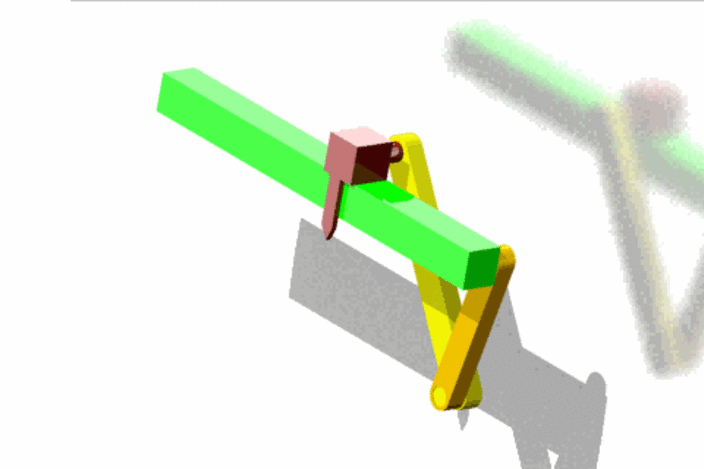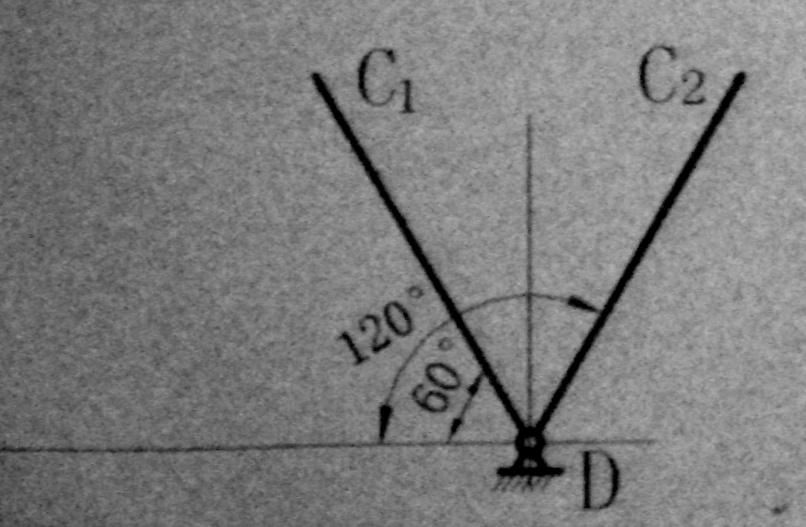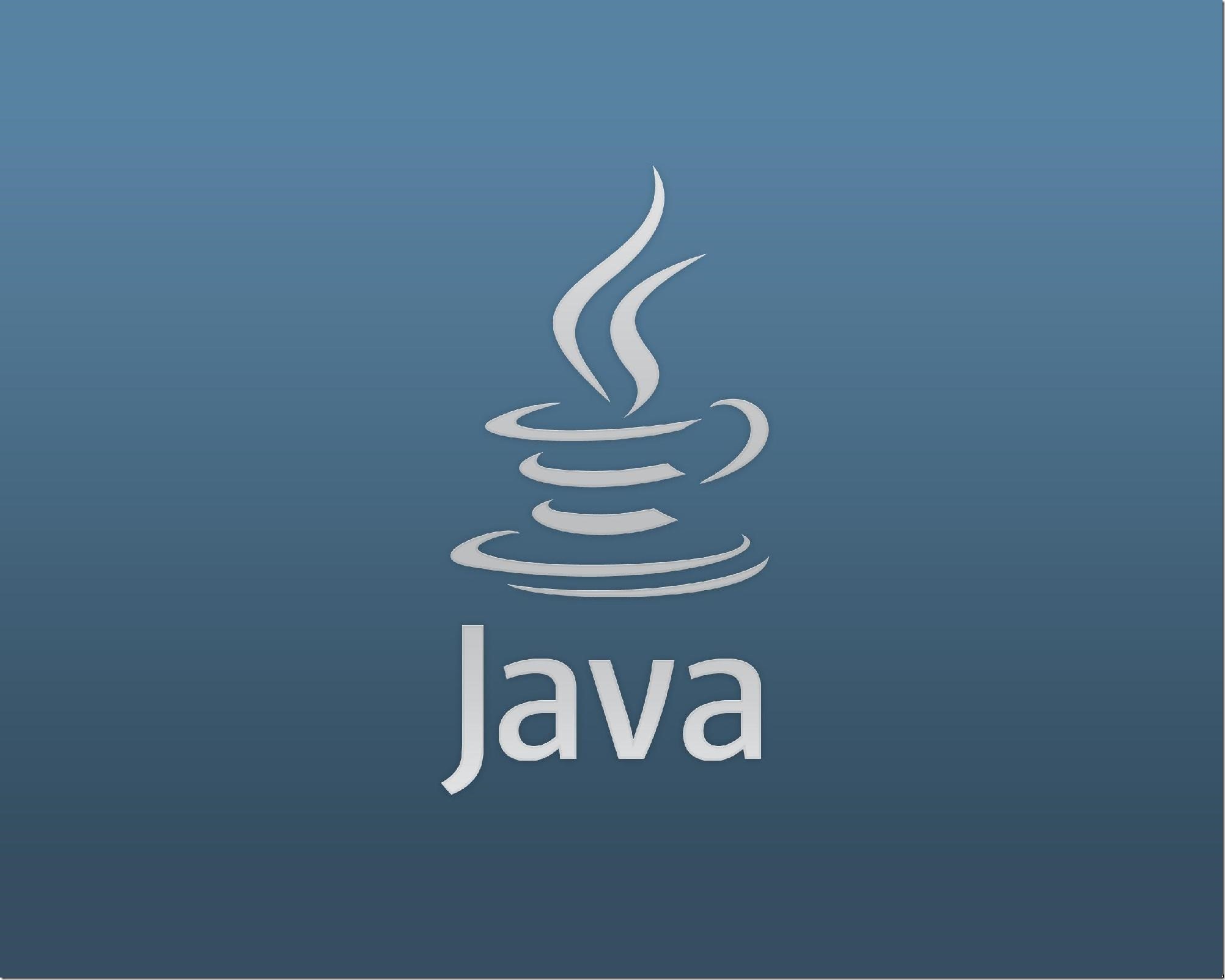10 recommended articles about c++11
The difference and connection between auto and decltype in the new features of C++11 1. Introduction to auto When programming, we often need to pay the value of an expression to a variable. We need to clearly know what type the variable is when declaring the variable. However, it is not easy to do this (especially in templates), and sometimes it is not possible at all. In order to solve this problem, the new C++11 standard introduces the auto type specifier, which allows the compiler to analyze the type of the expression for us. It is different from the original ones that only correspond to a specific type specifier (such as int). auto lets the compiler perform type deduction through initial values. Thus, the type of the defined variable is obtained, so the variable defined by auto must have an initial value. //The type of item can be inferred from the result of adding val_1 and val_2 auto item = val_1 + val_2;//The item type is initialized to the type after adding val_1 + val_2, and the value is val_1+val_
1. Auto and decltype Differences and connections

## Introduction: This article mainly introduces the new features of auto in C++11 For relevant information on the difference and connection with decltype, friends in need can refer to
2. A brief analysis of rvalue references, transfer semantics and perfect forwarding in C++11

Introduction: Move semantics is an important concept for c++11. I have always been familiar with I barely understand this concept. I recently looked through the information and felt suddenly enlightened, so I recorded the rvalue reference, transfer semantics and perfect forwarding in C++11 for everyone's convenience.
3. Details Talking about c++11 final and override specifiers

4.
C++11 new features smart pointers (shared_ptr/unique_ptr/weak_ptr)

5.
Combined with the new features of C++11 to learn the usage of lambda expressions in C++

6.
New features of C++11 The use of auto

7.
A brief analysis of the new features of Lambda expressions in C++11
Introduction: C++11 has added many new features, lambda expression is one of them. This article involves the more important lambda expression in this update of C++11. Friends in need can refer to it. 8. Master will analyze mainstream programming languages such as Go, Java, and C for you ## Introduction: This article mainly analyzes C, C++98, C++11, Java and Go, and mainly discusses the key capabilities of the language. In the process of discussion, we will combine the exchanges between Huawei's language programming experts and key developers within Huawei's telecommunications software. We will abandon the disputes over language preferences or language sects and try to discuss the characteristics and shortcomings of each language from an objective and fair perspective. Language selection serves as an objective reference. [Related Q&A recommendations]: multi-thread - C++11 thread library, why does it not have a start method. c++11 - Reference to return array in C++ function sailfsh - The c/c++ standard used in sailfish development is c/ c++98, syntax - C++11 thread calls the member function of the object

The above is the detailed content of 10 recommended articles about c++11. For more information, please follow other related articles on the PHP Chinese website!

Hot AI Tools

Undresser.AI Undress
AI-powered app for creating realistic nude photos

AI Clothes Remover
Online AI tool for removing clothes from photos.

Undress AI Tool
Undress images for free

Clothoff.io
AI clothes remover

AI Hentai Generator
Generate AI Hentai for free.

Hot Article

Hot Tools

Notepad++7.3.1
Easy-to-use and free code editor

SublimeText3 Chinese version
Chinese version, very easy to use

Zend Studio 13.0.1
Powerful PHP integrated development environment

Dreamweaver CS6
Visual web development tools

SublimeText3 Mac version
God-level code editing software (SublimeText3)

Hot Topics
 1385
1385
 52
52
 How to handle special characters in C language
Apr 03, 2025 pm 03:18 PM
How to handle special characters in C language
Apr 03, 2025 pm 03:18 PM
In C language, special characters are processed through escape sequences, such as: \n represents line breaks. \t means tab character. Use escape sequences or character constants to represent special characters, such as char c = '\n'. Note that the backslash needs to be escaped twice. Different platforms and compilers may have different escape sequences, please consult the documentation.
 What is the role of char in C strings
Apr 03, 2025 pm 03:15 PM
What is the role of char in C strings
Apr 03, 2025 pm 03:15 PM
In C, the char type is used in strings: 1. Store a single character; 2. Use an array to represent a string and end with a null terminator; 3. Operate through a string operation function; 4. Read or output a string from the keyboard.
 The difference between char and wchar_t in C language
Apr 03, 2025 pm 03:09 PM
The difference between char and wchar_t in C language
Apr 03, 2025 pm 03:09 PM
In C language, the main difference between char and wchar_t is character encoding: char uses ASCII or extends ASCII, wchar_t uses Unicode; char takes up 1-2 bytes, wchar_t takes up 2-4 bytes; char is suitable for English text, wchar_t is suitable for multilingual text; char is widely supported, wchar_t depends on whether the compiler and operating system support Unicode; char is limited in character range, wchar_t has a larger character range, and special functions are used for arithmetic operations.
 How to use various symbols in C language
Apr 03, 2025 pm 04:48 PM
How to use various symbols in C language
Apr 03, 2025 pm 04:48 PM
The usage methods of symbols in C language cover arithmetic, assignment, conditions, logic, bit operators, etc. Arithmetic operators are used for basic mathematical operations, assignment operators are used for assignment and addition, subtraction, multiplication and division assignment, condition operators are used for different operations according to conditions, logical operators are used for logical operations, bit operators are used for bit-level operations, and special constants are used to represent null pointers, end-of-file markers, and non-numeric values.
 The difference between multithreading and asynchronous c#
Apr 03, 2025 pm 02:57 PM
The difference between multithreading and asynchronous c#
Apr 03, 2025 pm 02:57 PM
The difference between multithreading and asynchronous is that multithreading executes multiple threads at the same time, while asynchronously performs operations without blocking the current thread. Multithreading is used for compute-intensive tasks, while asynchronously is used for user interaction. The advantage of multi-threading is to improve computing performance, while the advantage of asynchronous is to not block UI threads. Choosing multithreading or asynchronous depends on the nature of the task: Computation-intensive tasks use multithreading, tasks that interact with external resources and need to keep UI responsiveness use asynchronous.
 How to convert char in C language
Apr 03, 2025 pm 03:21 PM
How to convert char in C language
Apr 03, 2025 pm 03:21 PM
In C language, char type conversion can be directly converted to another type by: casting: using casting characters. Automatic type conversion: When one type of data can accommodate another type of value, the compiler automatically converts it.
 What is the function of C language sum?
Apr 03, 2025 pm 02:21 PM
What is the function of C language sum?
Apr 03, 2025 pm 02:21 PM
There is no built-in sum function in C language, so it needs to be written by yourself. Sum can be achieved by traversing the array and accumulating elements: Loop version: Sum is calculated using for loop and array length. Pointer version: Use pointers to point to array elements, and efficient summing is achieved through self-increment pointers. Dynamically allocate array version: Dynamically allocate arrays and manage memory yourself, ensuring that allocated memory is freed to prevent memory leaks.
 How to use char array in C language
Apr 03, 2025 pm 03:24 PM
How to use char array in C language
Apr 03, 2025 pm 03:24 PM
The char array stores character sequences in C language and is declared as char array_name[size]. The access element is passed through the subscript operator, and the element ends with the null terminator '\0', which represents the end point of the string. The C language provides a variety of string manipulation functions, such as strlen(), strcpy(), strcat() and strcmp().




